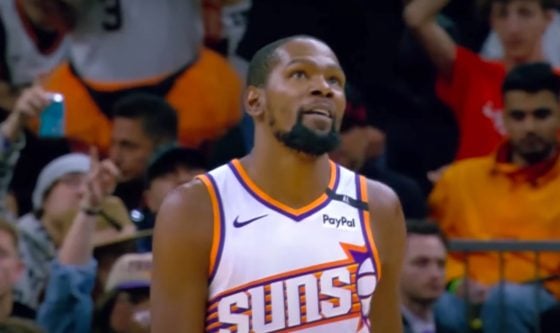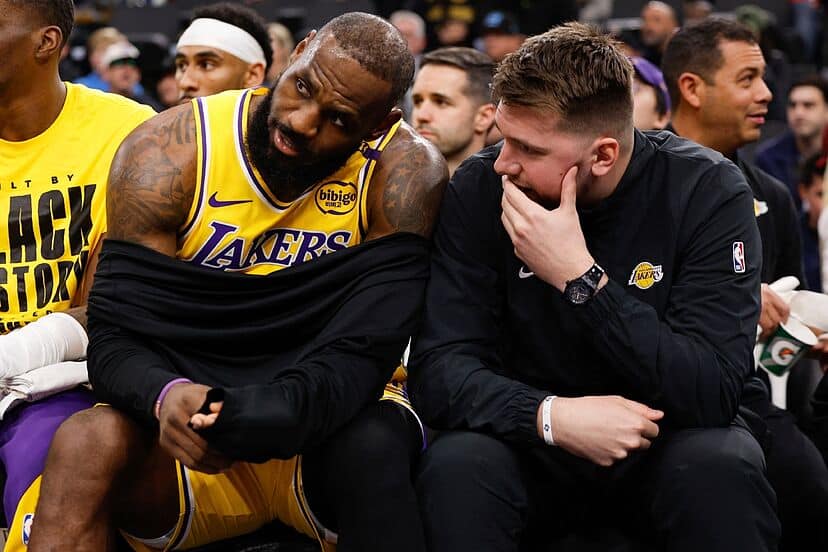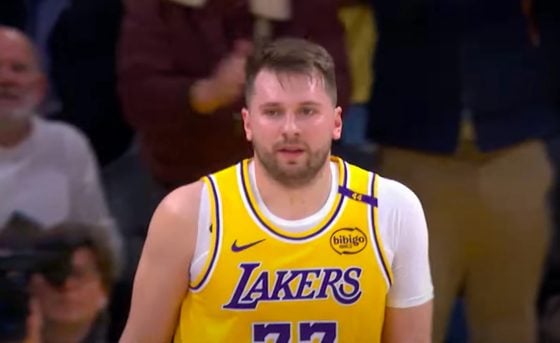Rep. Paul Tonko of Amsterdam has introduced the Betting on our Future Act at a Federal level in the United States seeking to ban all sports betting advertising. In a guest editorial, he writes “I introduced the Betting on our Future Act legislation to ban these predatory sports betting advertisements from our airwaves and our mobile devices”.
Today, I’m introducing the Betting on our Future Act to take federal action to reel in the problematic rise of predatory advertising by sports gambling companies. Many of you may have noticed these incessant ads, which experts say are contributing to a rise in problem gambling. pic.twitter.com/Uuo7NYjEvu
— Paul Tonko (@RepPaulTonko) February 9, 2023
What did Tonko base his act on?
Rep. Tonko proposes a ban modeled on the Federal Cigarette Labeling and Advertising Act which completely wiped out the advertising of tobacco products. It bids to change the law by ‘making it unlawful to advertise a sportsbook on any medium of electronic communication subject to jurisdiction of the Federal Communications Commission, such as TV, Radio or the internet.’
The argument is centered around various headline grabbing stats often used by the anti-gambling lobby across the world, attributing high profits exclusively to problem gambling and comparing gambling to public health problems such as alcohol and drug abuse.
What responsible gambling measures have been adopted thus far?
There has been few fines for responsible gambling breaches thus far, with sports betting in Ohio being the most notable. BetMGM, Caesars and DraftKings all received fines for their promotional activity and use of banned language in advertisements. Places such as Maine and Massachusetts have adopted harder lines on promotional activity after the Ohio rulings, and it looks as if the US is starting to wake up to a potential regulatory risk before it becomes a severe problem.
The NBA will also prevent operators from using the term “risk free” in all advertising language over league and team-controlled platforms. Language is pivoting more towards typical bonus language now, although we would expect a few to be in breach in coming weeks and months, especially with Super Bowl LVII.
Tonko argues that 1 in 5 American adults bet money on sports in 2022, with 270,000 calls to the National Problem Gambling Helpline in 2021. Early reaction indicates that it is unlikely that Tonko’s bill will pass or get any major traction, but it does show the tide turning and awareness around responsible gambling practices that more established regulatory regimes worldwide have experienced of late.
The introduction of the Betting on Future Act comes just prior to the Super Bowl, with Super Bowl LVII predicted to be the largest betting event by handle in the history of the United States of America. Super Bowl online betting will also likely break records, with the event being held in a state where mobile betting is legal for the first time, at the State Farm Stadium in Glendale, Arizona.
The legalization of sports betting since PASPA has been far-reaching and expansive. However, online betting in Texas, sports betting in California and legalized wagering on sports in Oklahoma still aren’t on the horizon despite lobbying from commercial operators who Tonko continues to bring into question. This bill will go to damage efforts to see the aforementioned states legalize sports betting, as anti-gambling campaigners will point to Tonko’s fact sheet as gospel.






